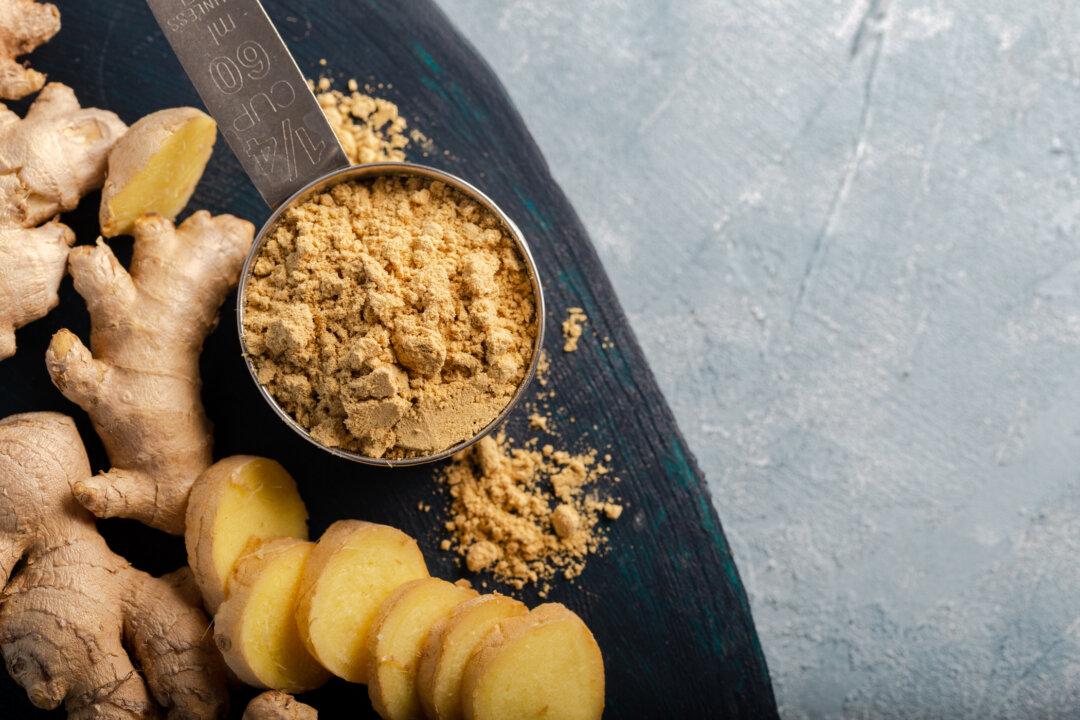A new study this year has proven for the first time that the oral use of coconut oil is effective in reducing plaque related to gingivitis, a common form of inflammation in the gum tissue of the mouth that occurs in response to bacterial biofilms (known as plaque) adhering to the surfaces of the teeth. Gingivitis can lead to a more serious oral condition known as periodontal disease.
Researchers decided to test the hypothesis that the increasingly common practice of “oil pulling or oil swishing therapy” is as effective for maintaining oral health today as it has been believed for centuries. They published their findings in the Nigerian Medical Journal in a report titled “Effect of Coconut Oil in Plaque-Related Gingivitis, a Preliminary Report.”
Oil pulling is a traditional therapy that stretches at least as far back as 1,500 years, when it was mentioned in the early Ayurvedic text, the “Charaka Samhita.” For more information, see our article “Oil Pulling: Ancient Secret for Optimal Health."
Yet traditional oil pulling was believed performed mainly with sesame oil. Available published studies also use sesame seed oil, not coconut. This study aimed to fill the data gap on coconut oil.





